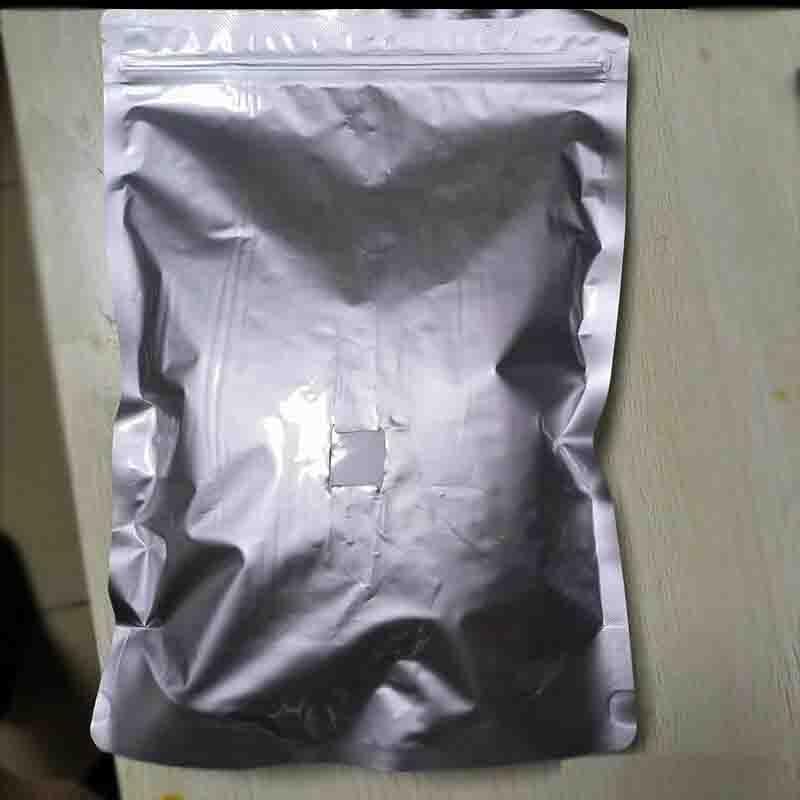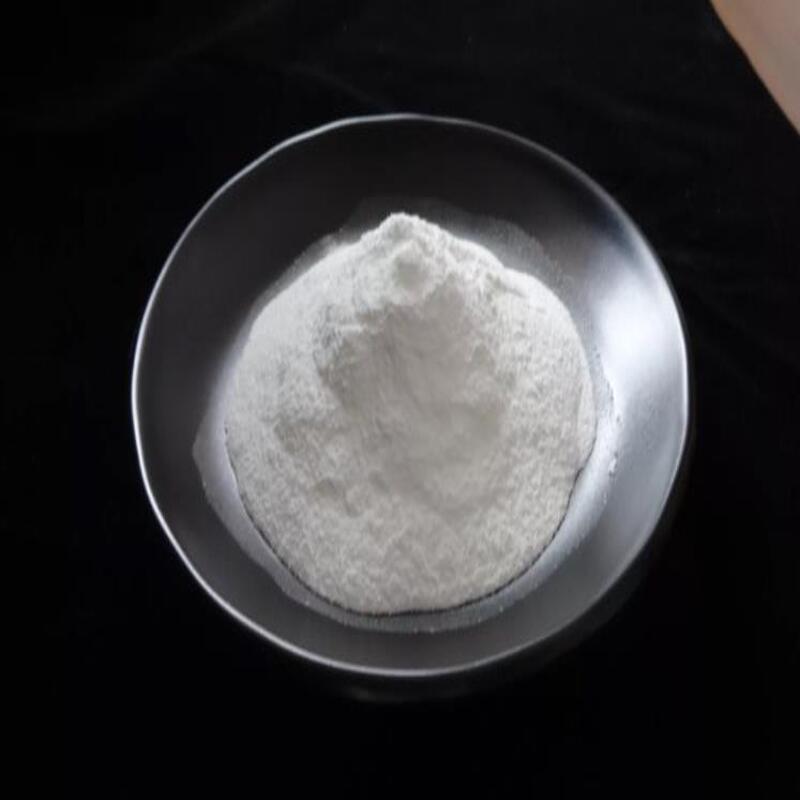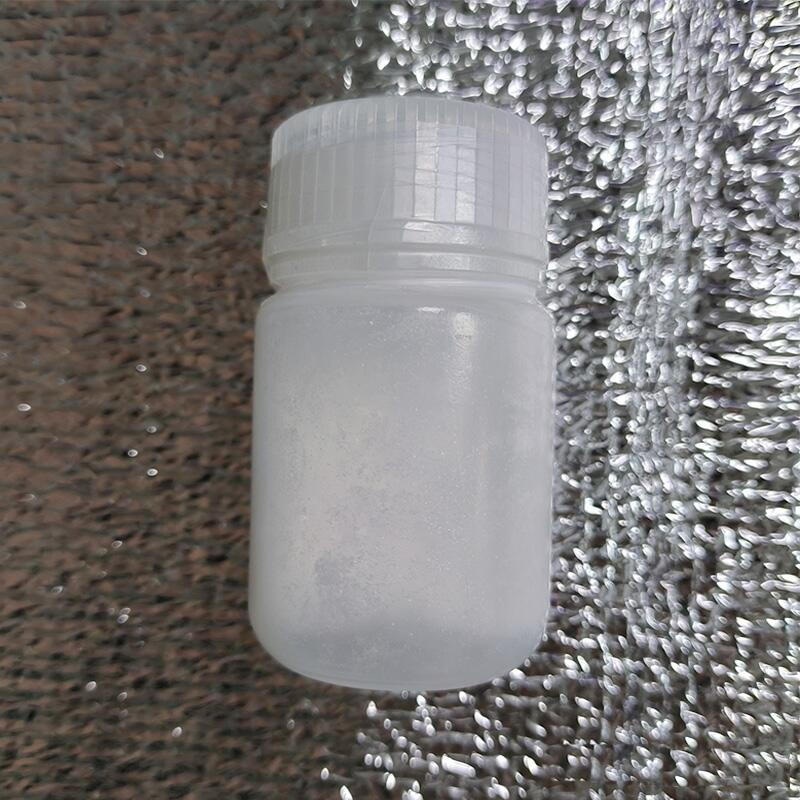-
Categories
-
Pharmaceutical Intermediates
-
Active Pharmaceutical Ingredients
-
Food Additives
- Industrial Coatings
- Agrochemicals
- Dyes and Pigments
- Surfactant
- Flavors and Fragrances
- Chemical Reagents
- Catalyst and Auxiliary
- Natural Products
- Inorganic Chemistry
-
Organic Chemistry
-
Biochemical Engineering
- Analytical Chemistry
-
Cosmetic Ingredient
- Water Treatment Chemical
-
Pharmaceutical Intermediates
Promotion
ECHEMI Mall
Wholesale
Weekly Price
Exhibition
News
-
Trade Service
Colorectal cancer (CRC) has become an increasingly serious challenge worldwide, and its early diagnosis is considered an effective way to improve the survival rate of CRC patients
.
Currently, people have adopted several methods to detect CRC, including non-invasive methods such as fecal occult blood test (FOBT) and carcinoembryonic antigen (CEA) test, as well as invasive procedures such as colonoscopy
diagnosis
The impact of the microbiome on human diseases (such as cancer) is attracting more and more attention
.
Among all tumors, gastrointestinal malignant tumors are deeply affected by intestinal bacteria due to their spatial proximity, and their relationship with the intestinal microbiome has been deeply studied
Intestinal microbial group consisting of adenoma or CRC patients may significantly change the composition of the intestinal microbial groups adenoma or CRC patients may be changed obviously these groups may be adjusted to change the microorganisms of local immune reactions immunity
The occurrence of tumors is also accompanied by a comprehensive change in the metabolic state, which affects the tumor tissue and the surrounding microenvironment and environment
.
Compared with changes in the genome and proteome, metabolic changes can be more directly related to the state of tumor cells, and therefore are a promising source of biomarkers for the detection of tumorigenesis
Recently, researchers from the Cancer Hospital of the Chinese Academy of Medical Sciences conducted an investigation to analyze the metabolites related to gut microbes in the serum, and to study whether these metabolites can distinguish patients with colorectal cancer (CRC) or adenoma from normal patients.
Healthy people
.
Through the integration of fecal metabolome and serum metabolome analysis, study the obvious changes of intestinal microbe-related serum metabolites in abnormal colorectal patients
Through the integration of fecal metabolome and serum metabolome analysis, study the obvious changes of intestinal microbe-related serum metabolites in abnormal colorectal patients Obvious changeResearchers conducted a comprehensive analysis of non-target serum metabolomics through liquid chromatography-mass spectrometry and metagenome sequencing of paired stool samples to identify gut microbial-related metabolites with significantly altered abundance in patients with CRC and adenoma
.
Through targeted metabolomics analysis, the researchers tested the ability of these metabolites to distinguish CRC from colorectal adenomas, and established a model based on metabolites related to gut microbes, which were then evaluated in an independent validation cohort
The study found a total of 885 serum metabolites that have significant changes in CRC and adenomas, including 8 gut microbial-related serum metabolites (GMSM group) .
These metabolites are used in targeted and non-targeted metabolomics.
In the analysis, the detection can be repeated, and it can accurately distinguish between CRC and adenoma and normal samples
.
The area under the curve (AUC) generated by the model based on the GMSM group for predicting CRC and colorectal adenoma in the modeling cohort was 0.
98 (95% CI 0.
94 to 1.
00), and the AUC generated in the validation cohort was 0.
92 (83.
5% sensitive) Sex, 84.
9% specificity)
.
Among the samples in the validation cohort, the GMSM model was significantly better than the clinical marker carcinoembryonic antigen (AUC 0.
Among the samples in the validation cohort, the GMSM model was significantly better than the clinical marker carcinoembryonic antigen (AUC 0.
GMSMs may be used in the detection of CRC and adenomas GMSMs may be used in the detection of CRC and adenomas
Original source:
Original source:Feng Chen et al.
Feng Chen et al.
Leave a message here







